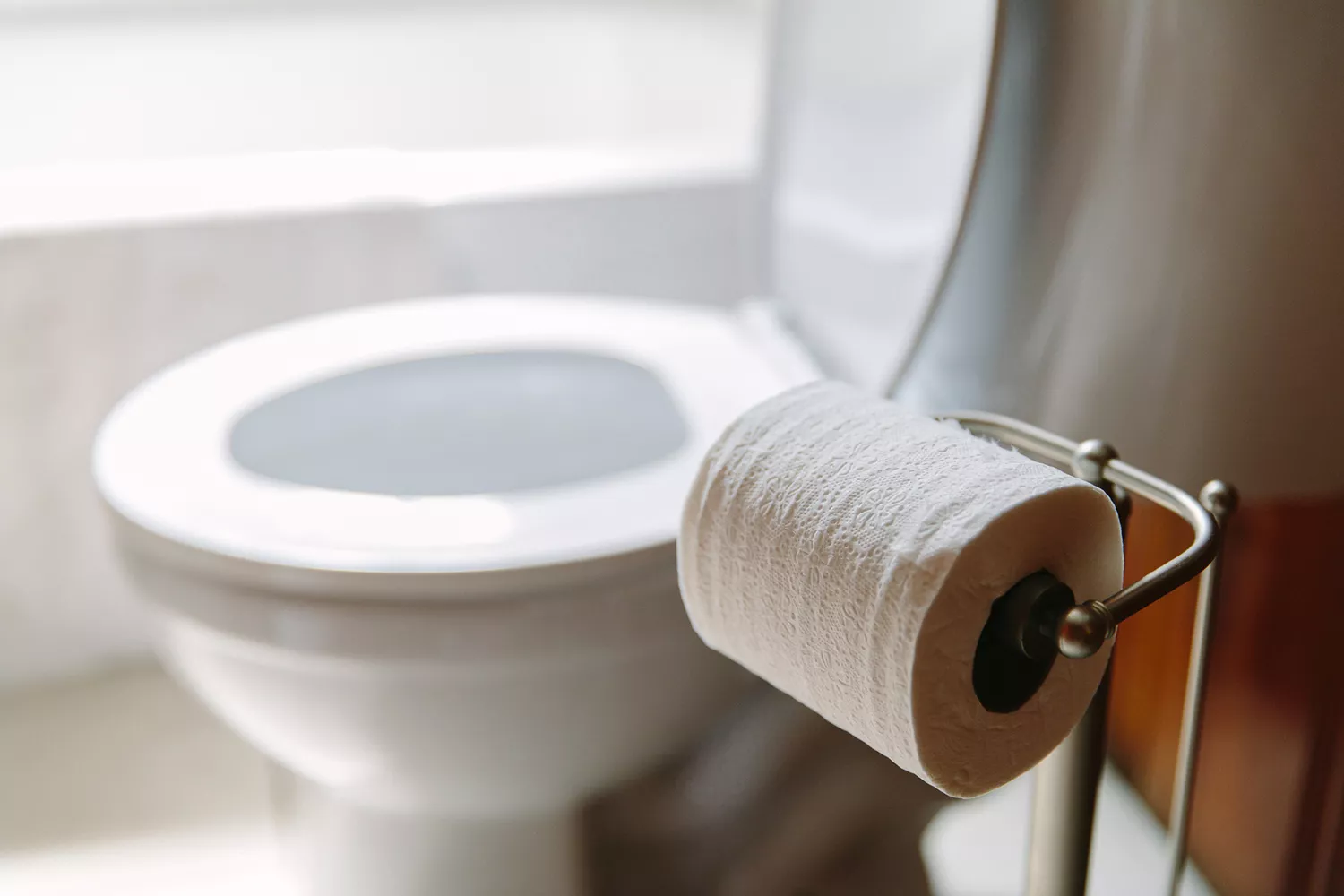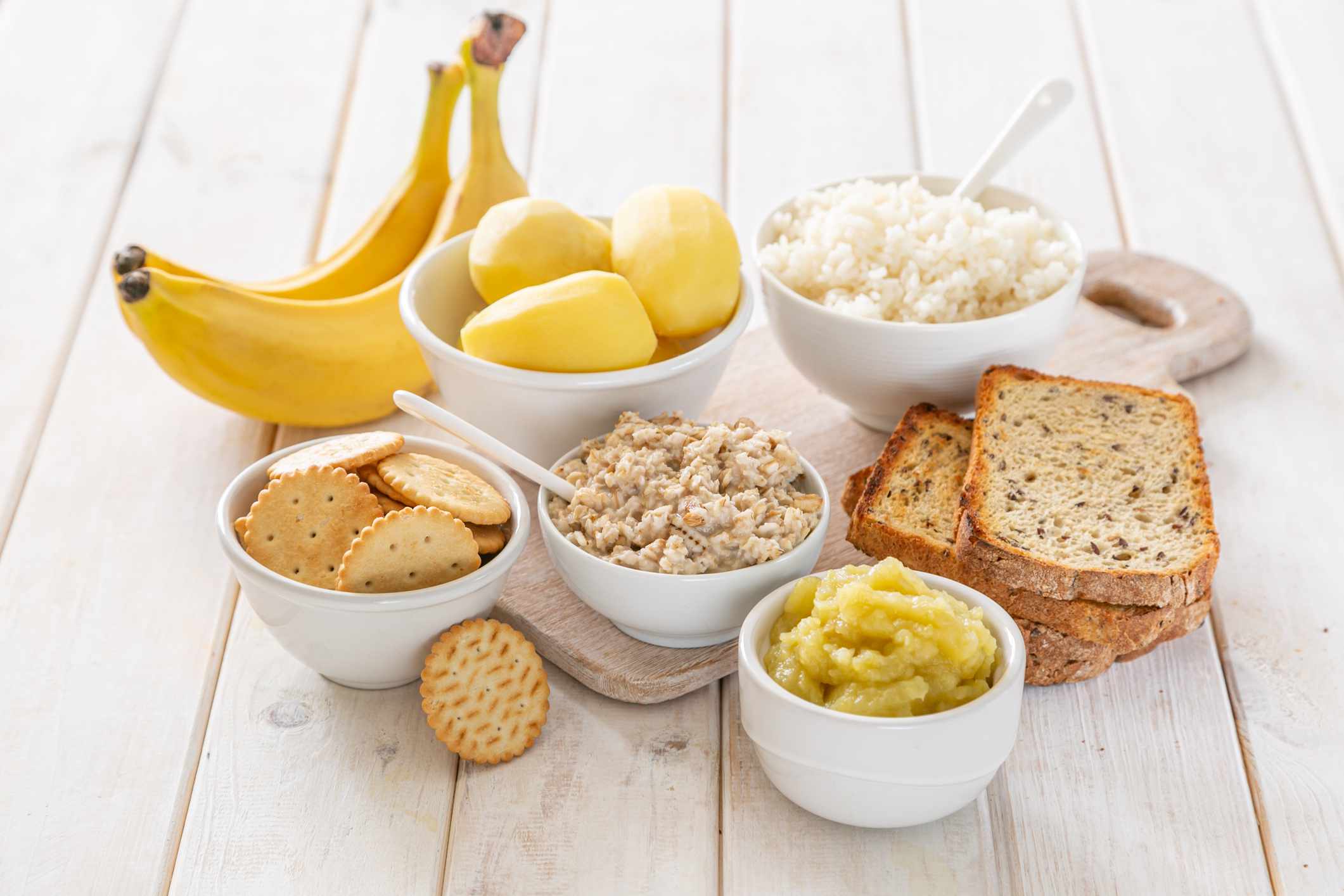A defecation, or BM for brief, is when your body moves waste remaining from absorbed food through your intestines and out your anus. This process is also called pooping or defecation.
After you consume or drink, your digestive system breaks down food and absorbs nutrients. The BM procedure starts in your little bowel (aka little intestinal tract), where anything left after food digestion moves to your colon (aka large intestinal tract). There, undigested food, mucus, intestinal lining cells, and germs form into strong waste and move to your anus, the tube in between your colon an anus.12 Your bowel muscles then help you push out any stool through your anus. Voila! You just had a defecation.
Still curious about BMs? Are your bowel movements healthy? Let’s take a look at whatever we understand about bowel movements and why you might be irregular.
What is a Normal Bowel Movement?
What is considered a “regular” BM depends upon things like poop consistency, poop color, and frequency. This can vary per person, however normally a normal defecation suits these specifications:
You poop one to 3 times a day or 3 times a week
Your poop has a soft to firm texture
Your poop is a medium to dark brown color
Your BMs are pain-free
The Bristol Stool Chart also demonstrates how stool shape and consistency relate to regular BMs. The “regular” poop zone on this chart consists of:
Type 3: Sausage-esque stool with fractures on the surface area.
Type 4: Smooth, soft stool that resembles a snake (FYI: the most healthy type of poop).
What Factors Can Impact Your Bowel Movements?
It’s typical for your BMs to get off their regular schedule from time to time. Things you eat and drink can affect the look and frequency of your defecation. Modifications in your routine and health can also make you irregular.
Things that can affect your BMs consist of:
Consuming red or green foods: Foods like spinach can trigger green poop while consuming beets can make your stool look red.
Dehydration: Drinking insufficient water can make stool difficult to pass. Alcohol overuse can also dehydrate you and make it difficult to poop.
Fiber Intake: Eating fibrous foods assists add bulk to stool and move digestion along, making it easier to pass. Consuming insufficient fiber can lead to irregular BMs and difficult stool.
Being ill: Infection can target your bowels and trigger loose, watery BMs. Being ill might likewise make it difficult to digest carbohydrates like lactose or proteins in milk items.
Food allergic reactions or intolerances: Eating foods you’re allergic or intolerant to (like dairy or gluten) can cause loose stool and urgent BMs.
Medications: Long-term antibiotic use can trigger loose, immediate BMs.8 Some medicines can make BMs infrequent, hard to pass, or watery.
Stress: Stress can affect the muscles of your digestive system, leading to immediate or infrequent BMs.10.
Traveling: Sitting for long periods in aircrafts and cars and trucks, altering your consuming and drinking habits, or getting a bug can cause tourists’ diarrhea or irregularity.
Pregnancy: Hormonal changes throughout pregnancy can slow down digestion and make it hard to poop.
Lack of exercise: Not moving your body enough can decrease your bowels and make irregularity more likely.
Gastrointestinal disorders: Irritable bowel syndrome (IBS) or inflammatory bowel illness (IBD) can back you up or make BMs watery and loose.
What are the Signs of Bowel Problems?
An unhealthy bowel motion normally means pooping too little or too much. When you’re constipated, bowel motions generally take place less than three times a week, and waste relocations too gradually through your bowels.

Indications of bowel issues connected to constipation consist of:.
Having less than 3 BMs a week.
Lumpy, log-shaped stool.
Small, tough pellets of poop.
Unpleasant BMs.
Feeling like you still need to poop.
Signs of bowel problems associated with diarrhea consist of:.
Watery, loose stool.
Mushy poop with sharp edges.
Small, soft blobs of poop.
Stomach discomfort and cramping.
Urgent and regular BMs.
Unhealthy bowel movements might likewise be associated with odd poop colors, like:.
Black, tarry: Upper intestinal bleeding (some medications can also modify color).
Green: Lack of bilirubin makes poop brown when stool passes too quickly.
White or pale: Blocked bile duct related to liver or gallbladder concerns.
Red: Bleeding related to piles, constipation, or lower GI tract bleeding.
Yellow, greasy: Not taking in nutrients, and poop has excessive fat content (frequently associated with celiac illness).



